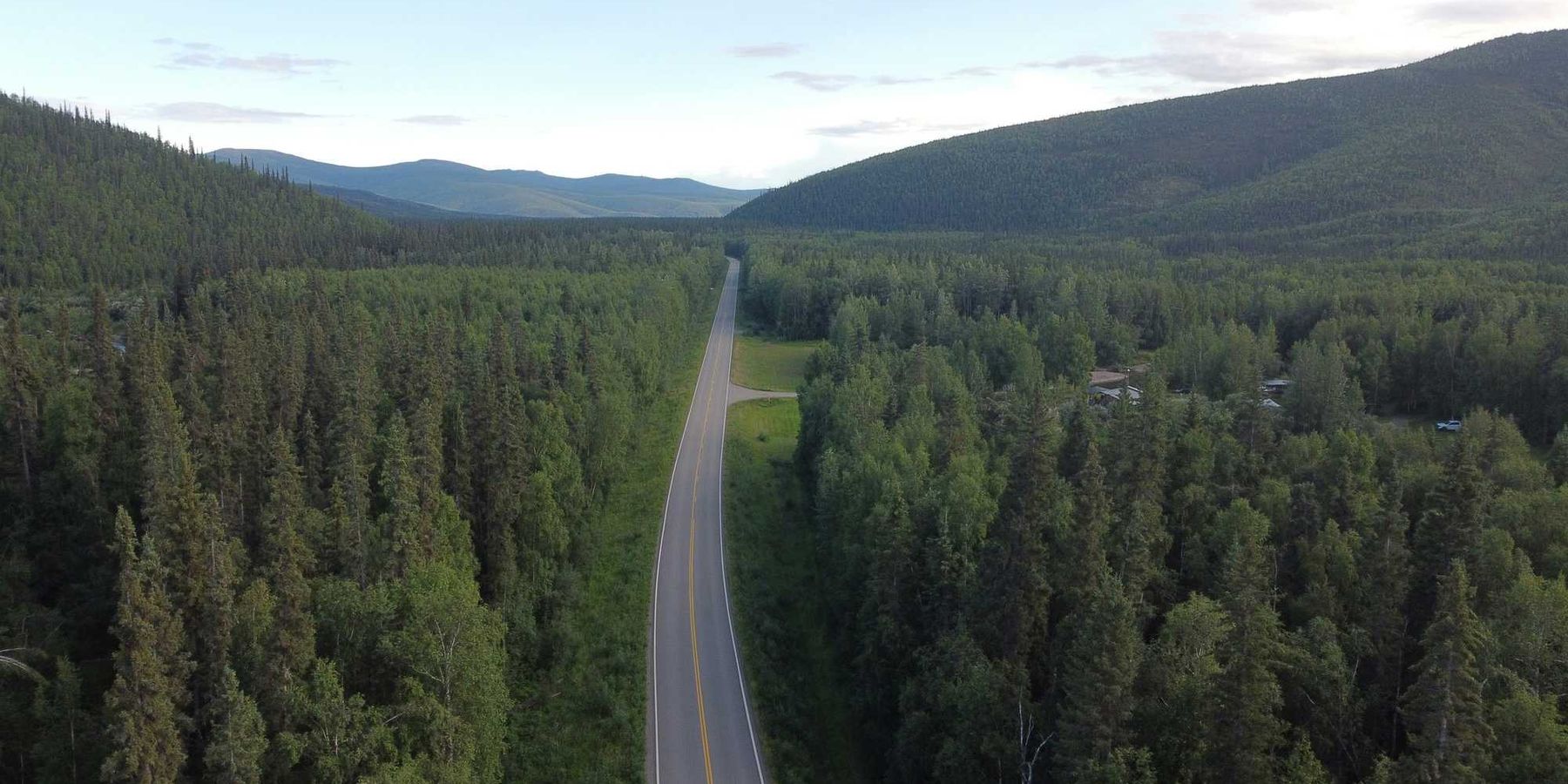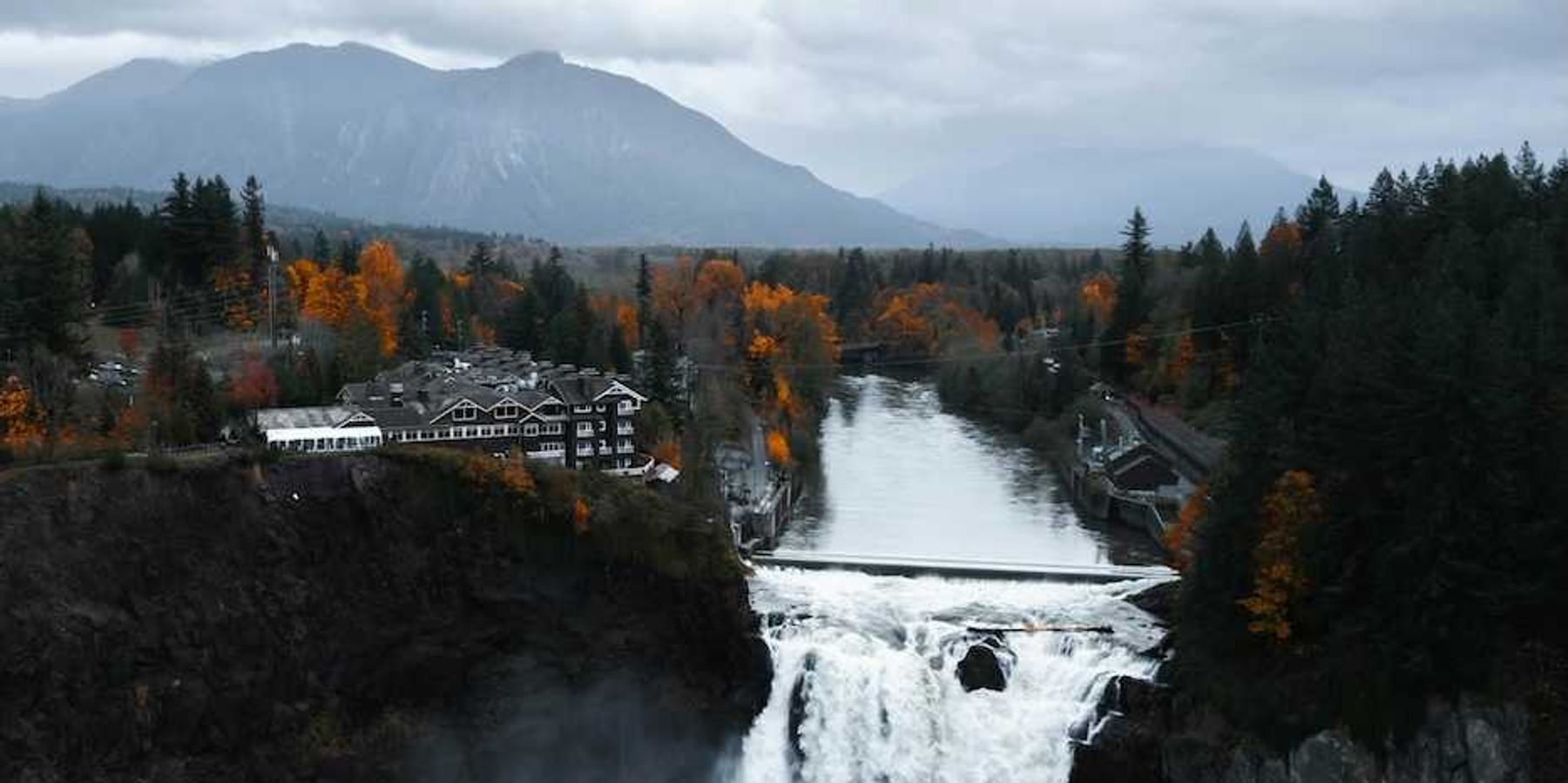Ecuador's nature rights movement faces new challenges amid energy shifts
Fifteen years after Ecuador recognized the constitutional rights of nature, environmental advocate Natalia Greene discusses the ongoing challenges and landmark court victories defending these rights.
Katie Surma reports for Inside Climate News.
In short:
- Ecuador leads globally in nature's rights jurisprudence, influenced by landmark cases like the successful defense of the longnose harlequin frog against mining interests.
- The Constitutional Court has revoked several mining licenses, asserting nature's legal rights, which includes numerous species and ecosystems.
- The nation grapples with illegal mining and drug trafficking that threaten both the environment and local communities.
Key quote:
“We now have a whole generation of young people who have grown up only knowing that nature has rights. The law has influenced peoples’ understanding of nature and that is very powerful.”
— Natalia Greene, judge at the International Rights of Nature Tribunal
Why this matters:
This judicial approach in Ecuador, where ecosystems and species have legally enforceable rights, is reshaping the dialogue around environmental protection. It challenges traditional views that prioritize economic gain over ecological health, and sets a precedent for how nature's rights can be enforced legally. Such jurisprudence provides a robust framework for protecting biodiversity while emphasizing the intrinsic value of nature, independent of its utility to humans.













